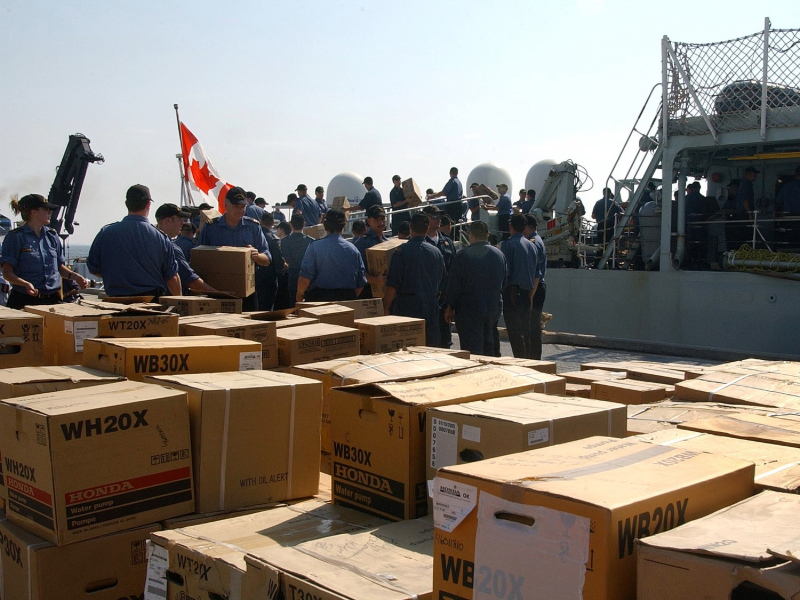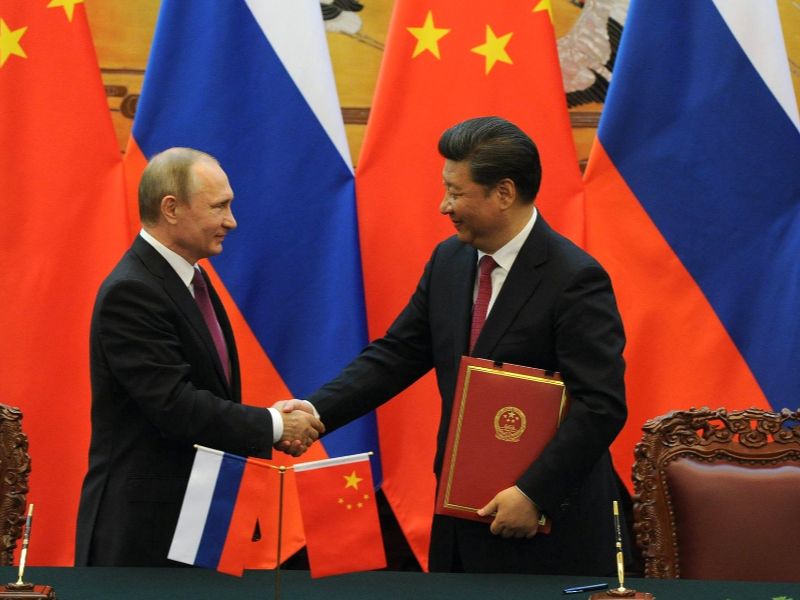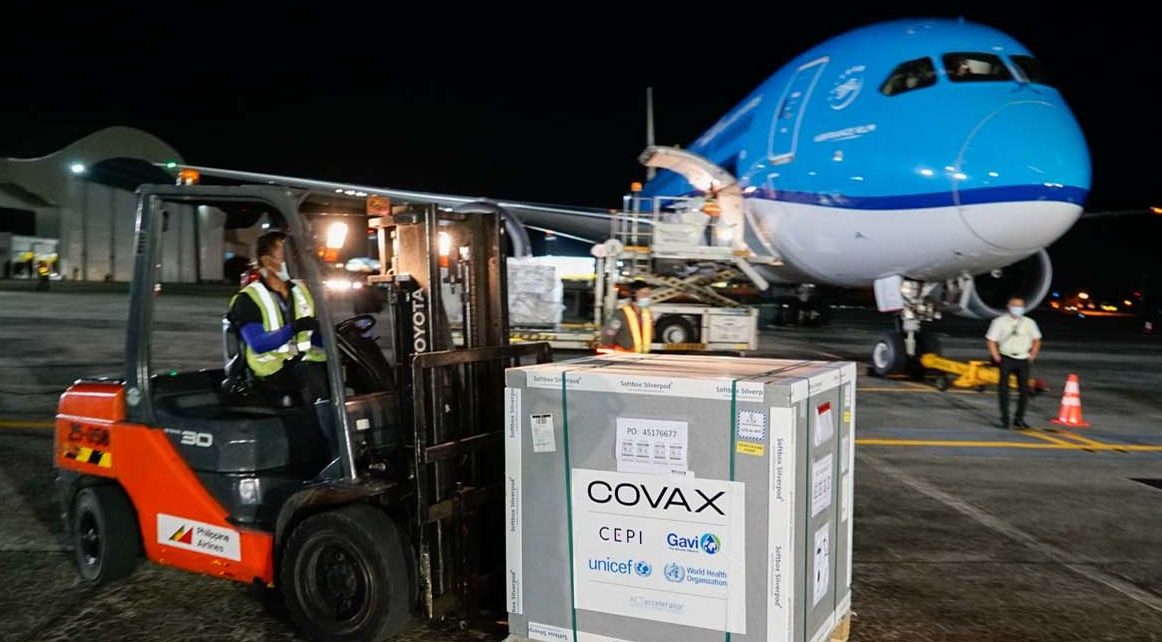Canada’s greatest security risk may not lie at its borders but in its news feeds. That might sound like a dramatic statement, yet the danger is not abstract. It lives in the information Canadians scroll past each day, in the stories they share, and in the narratives that seep in unnoticed. In a country that Read More…
Tag: NATO
When democracies censor: Alberta’s book ban and its contradiction with NATO’s mission to defend democratic principles
Alberta’s latest directive on books has turned heads nationally. But what does it mean for Canadian security? In this article, author Esha Grewal discusses how Alberta’s book ban is a part of the larger, growing trend of divisive policies among NATO countries that threaten social cohesion.
Le rôle du Canada dans le renforcement du flanc sud de l’OTAN par l’innovation et le développement capacitaire
Alors que l’OTAN concentre son attention sur les fronts oriental et indo-pacifique, le Canada a l’occasion de redéfinir son rôle sur un flanc sud souvent négligé. Cet article soutient qu’Ottawa peut renforcer la résilience nord-africaine par l’innovation plutôt que par l’intervention, en mobilisant DIANA Halifax et en renforçant les capacités pour des projets pilotes de lutte anti-drones et de surveillance maritime en Tunisie et en Mauritanie.
China’s Calculated Partnership: Decoding Beijing’s Alignment with Russia and NATO’s Strategic Response
In “China’s Calculated Partnerships: Decoding Beijing’s Alignment with Russia and NATO’s Strategic Response,” Daniel Lincoln argues that Beijing’s support for Moscow stems from insecurity, not ideology, and that misreading this dynamic risks hardening a fragile partnership. The piece calls for a strategy of restraint and engagement – one that deters aggression while offering China reasons to distance itself from the Kremlin.
What NATO Forgot About Article II
As Russia’s war on Ukraine tests NATO’s resolve, and a looming alliance between China and other states opposed to NATO seeks to reshape the global order in its favour, NATO and its allies find themselves facing the most dangerous challenges of the 21st century. What does NATO mean to us? What was NATO built Read More…
Canadian Youth at the Intersection of Politics, NATO, and Disinformation
Many young Canadians today are encountering political narratives when scrolling through social media without ever opening a news site or turning on the television. These platforms, while sources of entertainment, are shaping how youth view politics, international institutions, and Canada’s role in the world. According to Statistics Canada, social media is the most common outlet Read More…
How state-sponsored cyber strategies are undermining Canada and the west
Cyberspace has become the new realm for battles to be waged, where state/non-state-sponsored groups are exploiting cyber vulnerabilities to control critical state sectors. Cyberattacks have escalated beyond espionage and financial theft to actions that constitute acts of war, endangering national and global security. Salt Typhoon and Volt Typhoon, People’s Republic of China (PRC) sponsored cybergroups, Read More…
Arctic Sovereignty through Airborne Surveillance: Canada’s Acquisition of Airborne Early Warning & Control (AEW&C) Systems
While Canada’s military is often seen as a strong and modern fighting force, it also lacks many assets that are key to ensuring defensive capabilities, including Northern surveillance. Canadian ambitions to acquire Airborne Early Warning and Control (AEW&C) aircraft will revolutionize Northern intelligence gathering in order to bolster NORAD’s effectiveness and Canadian sovereignty. The Canadian Read More…
The Instrumentalization of Disinformation in the US-Canada Trade War
The trade relationship between Canada and the United States of America (U.S.A) is one of the largest and most integrated in the world, with the combined value of imports and exports between both countries exceeding the $1 trillion mark for the third consecutive year in 2024. Additionally, Canada is the U.S.A.’s most significant export recipient, Read More…
Vaccine Nationalism and COVID-19: Lessons for Future Pandemics
Harvard epidemiologist Caroline Buckee has warned that another pandemic is “just a matter of time.” The question is whether Canada and its allies will be better prepared when the next global health crisis arrives. One of the clearest failures of the global response to COVID-19 was the scramble for vaccines. In 2020, Canada lacked domestic Read More…










